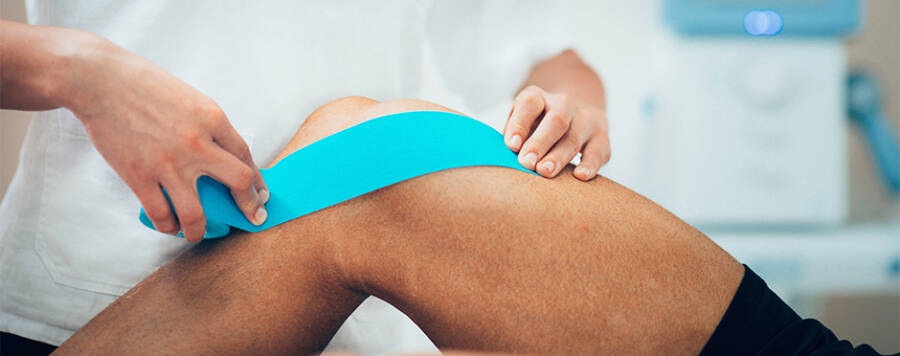I am an athletic trainer at a small school in rural Iowa, and I have seen the work that goes into preparing the school or team for each practice or competition. Here are some of the ways I have been able to assist my affiliate in returning to school and sports as an athletic trainer:
- Providing information and expertise of cleaning agents, processes, or ordering. Ordering supplies that keep equipment and gyms/weight rooms/storage rooms clean is nothing new to athletic trainers, so many of us have been utilized to help order the correct supplies and even use existing relationships with vendors to assist the school with their new needs. Knowing who to reach out to and who can help has proven invaluable for our janitors and myself to keep athletes safe.
- Taking temperatures and documenting symptoms of coaches, managers, athletes and other involved personnel. As an athletic trainer, it is common that we know nearly everyone involved in athletics and this is one opportunity where we are able to showcase some of our general health skills we learned towards earning our certification. Athletic trainers are charged with keeping athletes safe and healthy, so these additional responsibilities are nothing new for many of us.
- Problem-solving new ways to manage all aspects of an athlete’s return to sport. Athletic trainers are uniquely suited to support new ways in which we need to transport athletes, keep equipment clean, provide water for athletes, and encourage safe return to sport. Being creative and flexible is second nature for athletic trainers, and this is one example of where our critical thinking skills have proven invaluable as we continue to adapt to new or updated recommendations by local, state and federal public health officials.
- Doing our best to keep all other injuries and illnesses at bay as well as addressing them when they occur. While COVID-19 has taken the bulk of attention this fall, it is important to note athletes may still have injuries and illnesses that are unrelated (colds, flu, skin disorders, allergies, asthma, etc.) Even with the addition of new jobs and roles, athletic trainers are always looking to keep their athletes on the field and are continuously working to deal with all health related issues that may arise.
While athletic trainers are definitely not the only people charged with helping athletes return to practice and competition safely, COVID-19 has proven how valuable they can be to the overall sports medicine team in many different healthcare settings. Working as part of the allied health care team has taken on new meaning and required lots of work of our athletic trainers who want nothing more than to see their athletes compete and succeed (whenever they return to the field).
To learn more about our Athletic Training services, please click the link below.
The Athletico blog is an educational resource written by Athletico employees. Athletico bloggers are licensed professionals who abide by the code of ethics outlined by their respective professional associations. The content published in blog posts represents the opinion of the individual author based on their expertise and experience. The content provided in this blog is for informational purposes only, does not constitute medical advice and should not be relied on for making personal health decisions.

 width="900"
height="356"
>
width="900"
height="356"
>
